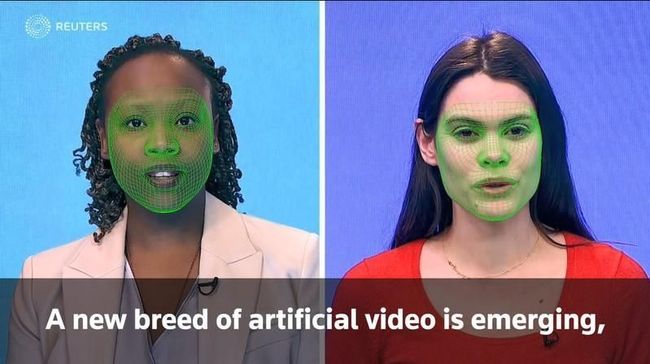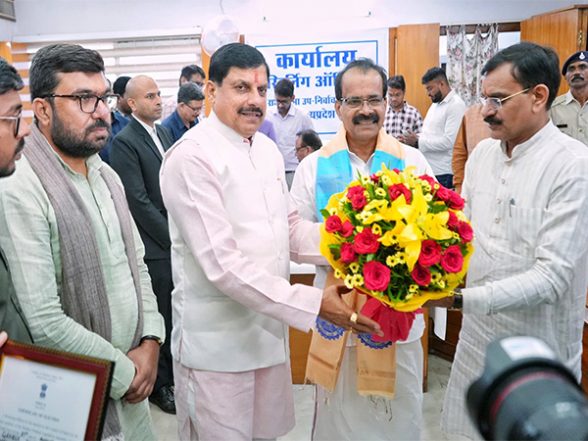Novina Putri BestariCNBC Indonesia
Technology
Wednesday 05/22/2024 9:40 p.m. IWST
Jakarta, CNBC Indonesia – Indian officials and politicians are busy bombarding citizens with deepfake content based on artificial intelligence (AI) technology. The purpose of using deepfakes is not to spread misinformation and disinformation about political opponents, but rather to reach voters during the campaign.
A report by Wired says that Indian political parties are starting to use fake AI to interact with the public. They relied on technology to navigate the country's 22 official languages and thousands of regional dialects for the campaign. Their deepfake content will be personalized to each targeted community.
In India, deepfakes have become a promising business. Wired noted that the opportunity reached 60 million US dollars (Rp. 960.3 billion), cited by Wired, Wednesday (5/22/2024).
Its use is also quite massive, with at least more than 50 million cloned votes spread over the two months leading up to the April elections. Millions more were cast on voting day.
One of those who did this was local politician Shakti Sing Rathore. He used the services of a technology provider named Divyendra Singh Jadoun to convince 300,000 voters around Ajmer.
Jadoun is the owner of Polymath Synthetic Media Solutions. It is one of the emerging providers of deepfakes for politicians.
How it works is that deepfake service providers will record the movements, speeches and voices of politicians who want to campaign. From these recordings, the politician's identity will then be cloned and personalized for anyone who wants to feel closer to interacting with the politician.
Jadoun has worked on five AI campaigns so far for a total amount of US$55,000 (Rp 880.2 million). Meanwhile, other political consultants charge US$1,500 (Rp.24 million) and US$720 (Rp.11.5 million) for digital avatars to clone votes.
iToConnect is another company that also works on AI for politicians. The company made 25 million AI-based personalized calls in the two weeks leading up to elections in Telangana and Andhra Pradesh.
It turns out that the concept is also liked by many people. Because people in rural areas feel that it is more important to receive phone calls from people in high positions.
“Voters generally want candidates to approach them, want candidates to talk to them. When candidates can't do that, AI calls are the best way to reach them,” said Abhishek Pasupulety, chief technology officer at iToConnect.
(fabulous/fabulous)

“Zombie geek. Beer trailblazer. Avid bacon advocate. Extreme introvert. Unapologetic food evangelist. Internet lover. Twitter nerd.”





